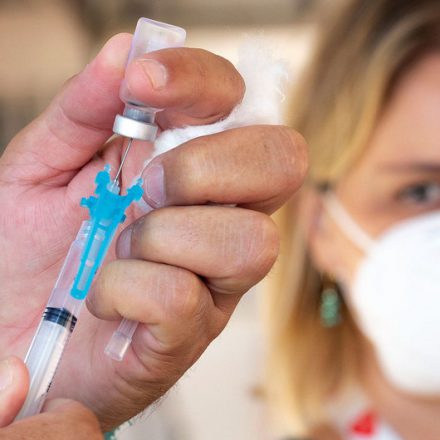A recent study published in Menopause on January 14 suggests that there is no significant association between hormone therapy (HT) use and an increased risk of glioma among U.S. women. The study, conducted by Jinyu Pan and colleagues from Chongqing General Hospital and Chongqing University, analyzed data from 75,335 women aged 50 to 78 who participated in the Prostate, Lung, Colorectal, and Ovarian (PLCO) Cancer Screening Trial.
Over a median follow-up period of 11.82 years, 101 women were diagnosed with glioma. Despite this, no clear link was found between hormone therapy use and the risk of developing glioma after adjusting for other variables, with a hazard ratio of 1.6 (95% confidence interval: 0.75 to 1.81). Further analysis, including the duration of HT use, also failed to show any significant associations.
The study’s findings showed a notable, but statistically insignificant, trend when education was factored in. Women with at least a college degree did show a higher hazard ratio of 3.00 (95% confidence interval: 1.02 to 8.84), but the interaction effect was not significant.
“Although women are six times more likely to develop gliomas compared to men, this study found no significant association between hormone therapy use and glioma risk in postmenopausal women,” said Dr. Stephanie Faubion, medical director of The Menopause Society. However, she emphasized the need for larger prospective studies with longer follow-up to confirm these findings.
The study contributes to the ongoing research exploring the effects of hormone therapy on various health risks in postmenopausal women. The full details of the study are published in Menopause, the journal of The North American Menopause Society.
For more information, visit the journal’s website or refer to the study by Pan et al., titled “Association between hormone therapy and glioma risk in U.S. women: a cancer screening trial” (DOI: 10.1097/GME.0000000000002507).












